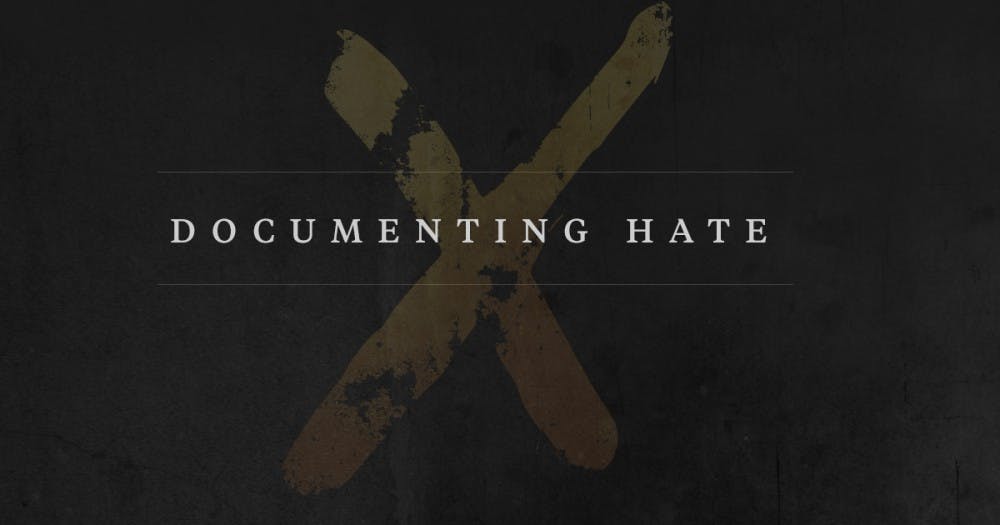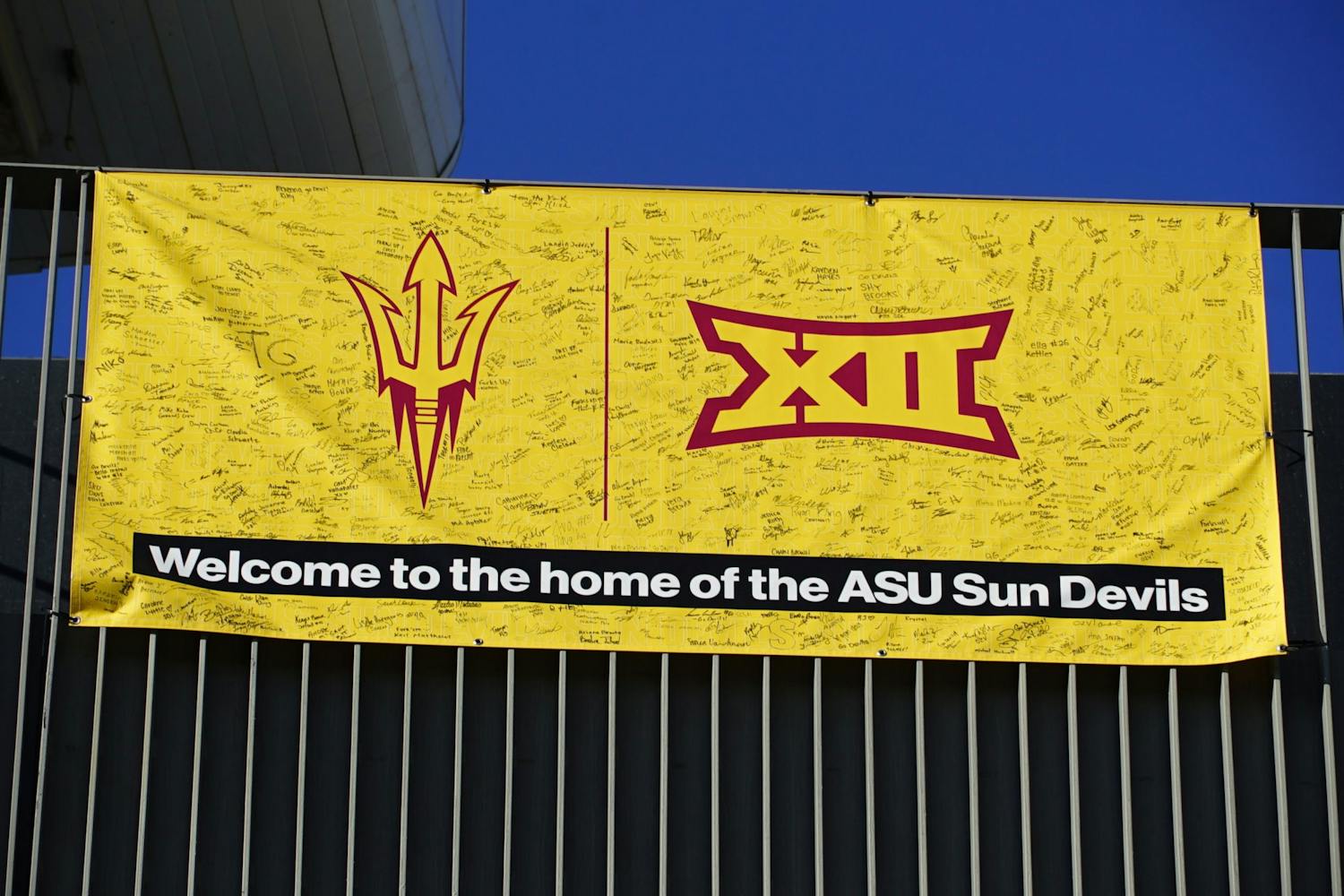The State Press is partnering with investigative news nonprofit ProPublica and dozens of newsrooms across the country to document and tell the stories of incidents of bias, discrimination and hate.
Instances of hate speech and crime have been on the rise across the U.S., and university campuses — including those as large as ASU — are no exception.
Just over half of the 71,946 students studying on ASU campuses in 2016 came from diverse ethnic and racial backgrounds, data from the University Office of Institutional Analysis show. That's a 48 percent increase in diversity since 2006.
There were three "on-campus intimidation incident(s) characterized by racial bias" reported on the Tempe campus in 2016 and 2015, according to the annual Clery report.
ASU outlines its commitment to "providing an environment free of discrimination, harassment, or retaliation for the entire university community, including all students, faculty members, staff employees, and guests" in its Academic Affairs Manual.
"ASU expressly prohibits discrimination, harassment, and retaliation by employees, students, contractors, or agents of the university based on any protected status: race, color, religion, sex, national origin, age, disability, veteran status, sexual orientation, gender identity, and genetic information," the manual says.
The State Press reported on instances of hate at ASU this semester when 14 fliers supporting white nationalism were found on campus in the first days of classes.
We also wrote about the Tau Kappa Epsilon fraternity being kicked off campus in January 2014 for hosting a Martin Luther King Jr.-themed party where attendees posted pictures of themselves drinking out of watermelon cups and dressed as “thugs” in basketball jerseys and baggy clothes.
But there are more stories to tell. Yours.
Whether you're an alumni, student, staff or faculty member, we're interested in hearing about how bias incidents, hate speech and hate crimes have affected your life during your time at ASU.
The FBI defines a hate crime as a “criminal offense against a person or property motivated in whole or in part by an offender’s bias against a race, religion, disability, sexual orientation, ethnicity, gender, or gender identity.”
Bias incidents are also characterized by being partly or totally motivated by the offender's animosity toward a victim according to those criteria. Some bias incidents, such as the use of racial epithets, may not be considered criminal under the law.
Responses to the Documenting Hate form will not be shared with the University, and sources may remain anonymous in the published articles if they prefer. Only partners within the Documenting Hate project will have access to the information, and a State Press reporter may reach out to responders.
The Southern Poverty Law Center, a nonprofit that monitors hate groups and a partner in the Documenting Hate project, recommends reporting incidents of hateful intimidation, harassment and crime to law enforcement first. Filling out this form does not notify a law enforcement agency.
Call to report a hate crime incident to police at 911 for an emergency, ASU Police at 480-965-3456, Glendale Police at 623-930-3000 or Lake Havasu City Police at 928-855-1171 for a non-emergency.
Report an incident to the ASU Office of Student Rights and Responsibilities using this form.
Reach the executive editor at execed.statepress@gmail.com and follow her on Twitter at @symmaki.
Like The State Press on Facebook and follow @statepress on Twitter.




